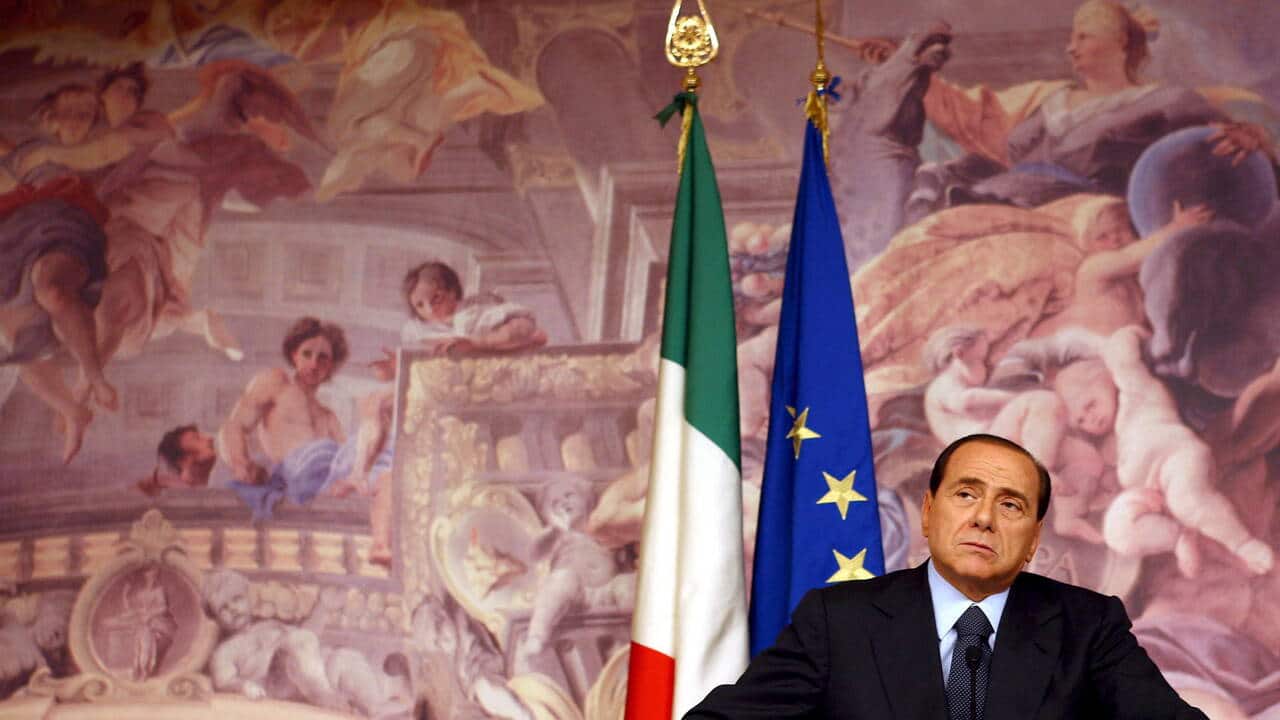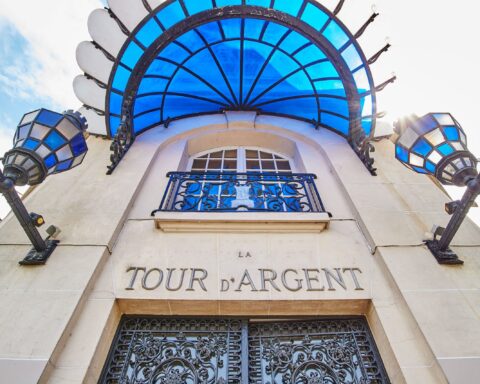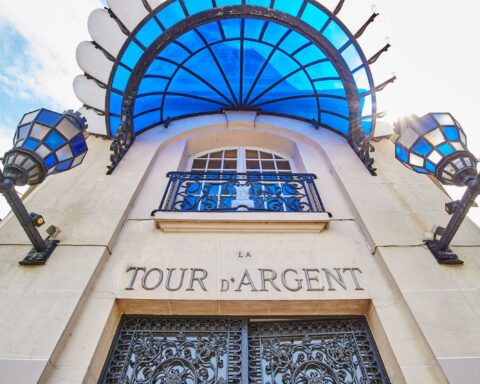[vc_row njt-role=”people-in-the-roles” njt-role-user-roles=”administrator,editor,author,armember”][vc_column][vc_column_text]
The last will and testament of former Italian Prime Minister Silvio Berlusconi, who died on June 12, is expected to be announced on June 26. Attention is now turning to how his vast media empire and real estate holdings will be divided between his five children and his last companion, Marta Fascina.
The situation has an air of Succession, the TV series produced by HBO, which traces the transmission of a media empire. But this is the real thing, and the legacy concerns the empire built by Silvio Berlusconi, who died of leukemia at the age of 86 on June 12.

“Il Cavaliere” leaves behind a fortune estimated at 7 billion dollars (around 6.5 billion euros) by the American magazine Forbes. Businessman, media mogul, senator, three-time Prime Minister, he was considered in 2021 to be the sixth richest man in Italy and the 318th richest in the world.
His fortune stems from his career in the media, when he founded the TeleMilano TV channel in 1974, and then went on to create Fininvest, one of Italy’s leading financial holding companies. Through Fininvest, he controlled three TV channels (the Mediaset group, now MediaForEurope), Italy’s largest publishing house (Mondadori), an insurance and banking group, and Medusa, Italy’s largest advertising agency. These successes also enabled him to invest in various soccer clubs, firstly AC Milan, which he sold to Chinese investors in 2017, and then AC Monza.
Substantial assets
In 2009, Le Figaro drew up a balance sheet of Silvio Berlusconi’s assets, which included “seven sumptuous villas, 63% of the family holding Fininvest, which controls a media empire, interests in publishing (50% of Mondadori) and insurance, a fleet of private planes and helicopters, a 48-meter yacht, real estate valued at between 6 and 8 billion euros. Not to mention bank accounts in the millions.”
This report, to which must be added Milan’s Manzoni Theater, seems to be as true today as ever.
Click here to read the full article on Luxus Plus Magazine.
Featured photo : © Press











